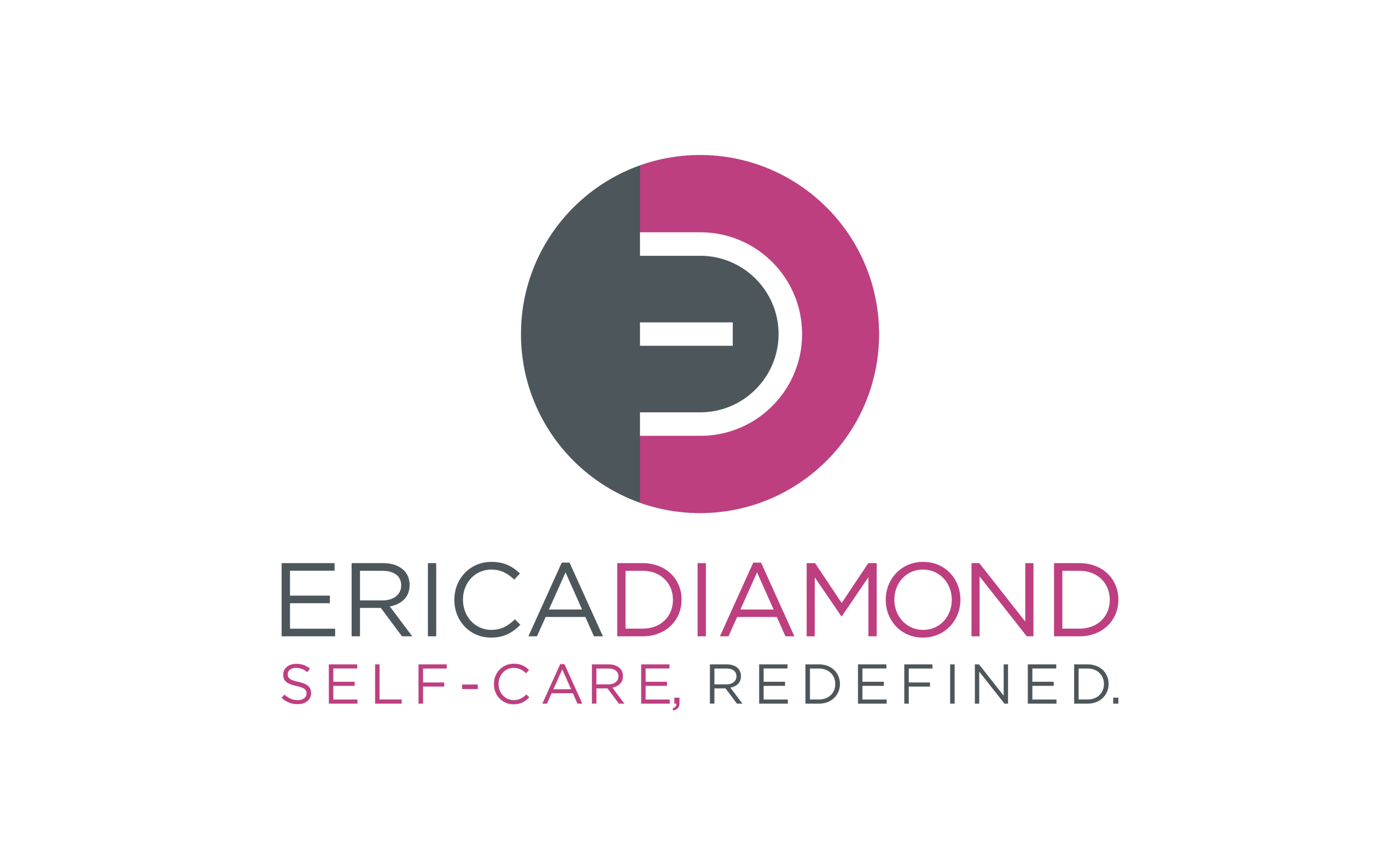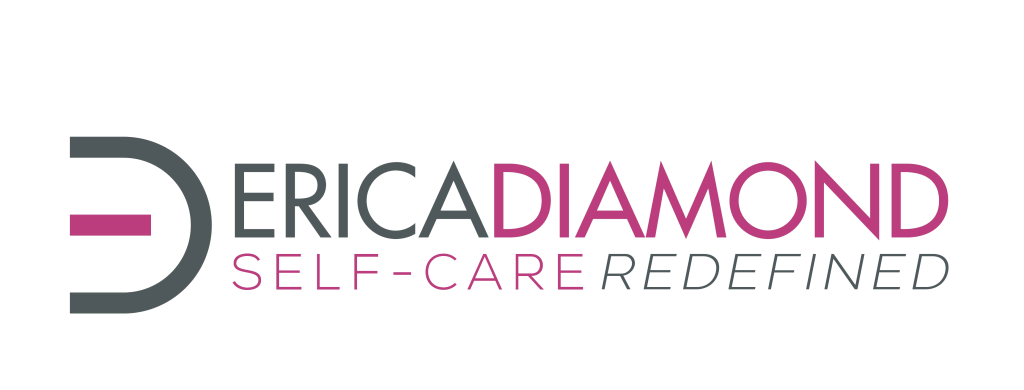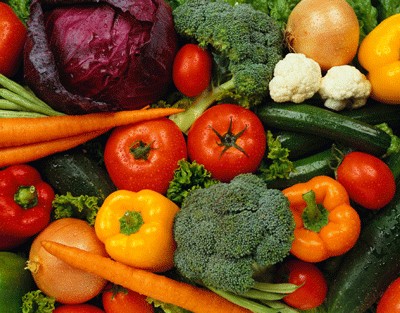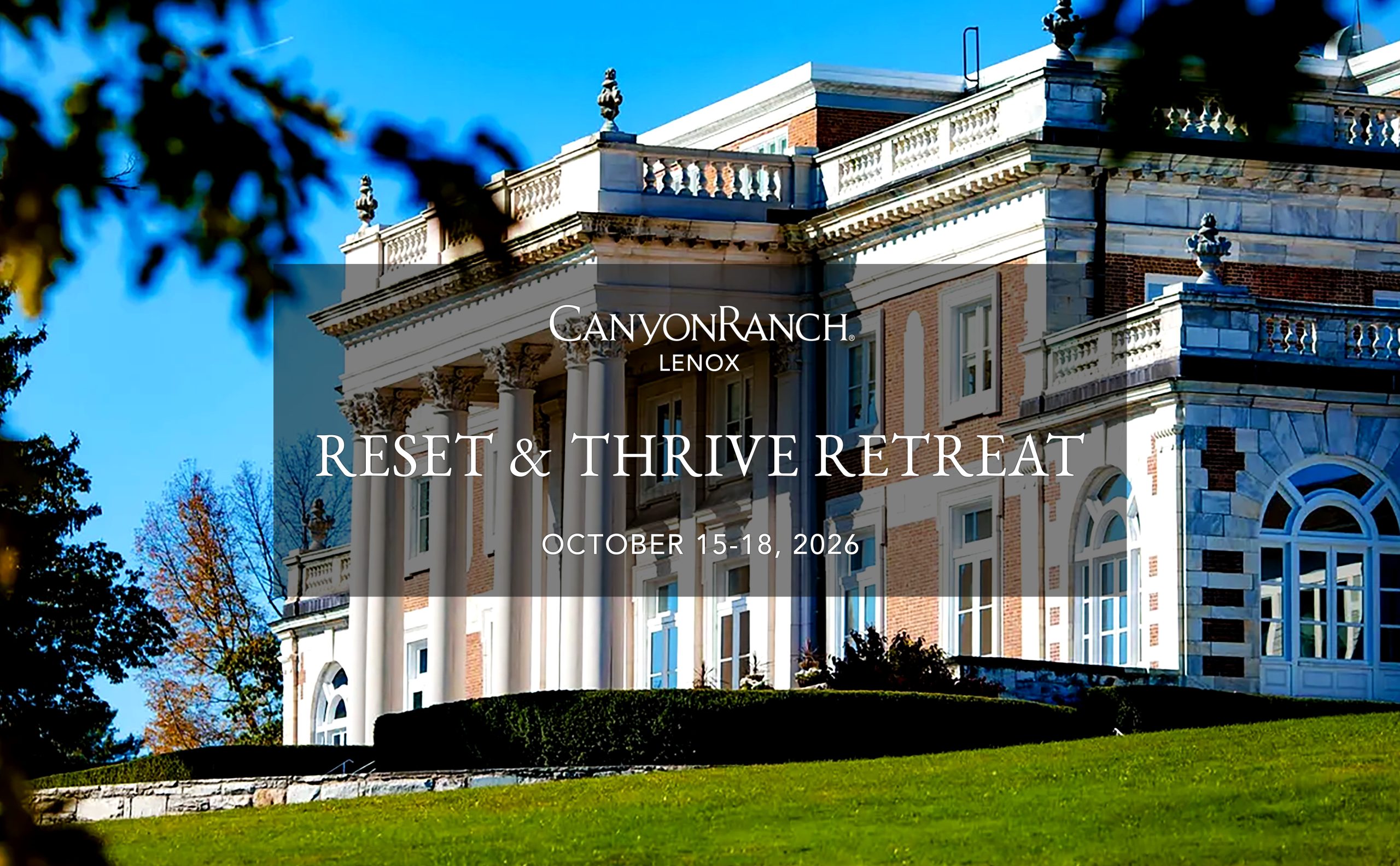By Guest Bloggers McKenzie Hall & Lisa Dixon
When it comes to our jobs, we sometimes feel like we’re on a never ending shift. We’re Registered Dietitians, so that means we share our knowledge about food and the effects it has on the body. Since everyone has to eat, and more recently, food is at the forefront of everyone’s radars, the conversation around food seems to be a constant one.
When we meet someone for the first time and share what we do, it often seems to open the gateway to a game of 20 questions. “What do you think about the Paleo diet?” “It’s a good thing to give up gluten, right?” “Is a banana bad for me?” “So, do you always eat healthy?” When we’re asked these kinds of questions, we’re happy to answer them. We feel grateful that people feel comfortable enough to ask. But when it comes to the topic of food (and mostly everything else in life, for that matter), people don’t want to be judged. It is our mission to engage in food based conversation, judgment-free. We’re on a mission to repair broken relationships with food and to change the negative relationships people have with their bodies to healthy, loving ones.
For us, food is one of those amazing things that enriches lives in so many ways. Food should nourish your life, not the reverse. Food is meant to help us feel energetic and vibrant, not lethargic or drained; food is meant to help us feel beautiful, not meant to induce self-hatred; food is meant to bring our loved ones together, not to be feared at social gatherings; food is meant help fight off disease, not cause it; food is meant to be simple, not complicated.
So, when we get asked these food-related questions, it probably catches people off-guard to hear our answers. We don’t believe in diets or restricting yourself to anything unless you absolutely have to for allergy or health reasons. The terms “bad foods” or “good foods” don’t exist in our vocabularies- and if “eating healthy” means we eat foods that we think taste good, help us feel good, and don’t leave us feeling deprived – then yes, we eat healthy.
Here are five concepts to embrace when it comes to food. They encourage you to live your best life and they promote healthy, happy relationships with your food and your body:
- Be done with the dieting. Diets tend to categorize certain foods as “bad,” “wrong” or “off-limits.” This sets you up for failure or guilt. When you’re able to allow all foods into your eating world, you are finally able to relieve yourself of unconscious feelings of deprivation which often leads to subsequent overeating. How many times have you broken your diet and thought “I blew it anyways, so I might as well have more…”? If you allow yourself to enjoy your favorite foods mindfully, you’ll be less likely to over-indulge in the long run.
- Eat real food. People tend to get hung up on a food’s nutrition content – things like sugar, fat, and fiber grams. When you focus on eating real food – unprocessed, unpackaged food – food you can picture growing in nature, the nutrition takes care of itself. Focus on enjoying fresh fruits and vegetables, whole grains, good-quality proteins and healthy fats in reasonable portions.
- Nourish your body regularly. Most people feel their best when they nourish their bodies every 3 – 5 hours. Eating regularly helps to keep your metabolism going at a quick pace and keeps you bright-eyed from dawn till dusk. Skipping meals and snacks opens up the opportunity to become over-hungry. By the time you finally have a chance to decompress, you’re more likely to make up for your skipped meals (and more). Pack a few extra snacks in your purse, car, or desk. Try having fresh fruit, whole grain crackers or granola bars, nuts, veggies, cheese, hummus, or trail mix on hand to help get you through the day. If you can manage to do this, you’ll feel much better.
- Surround yourself with positive people. This one is so important, that we’ll say it again. Surround yourself with positive people. A recent study from Ohio State University in Columbus found that the key factor for loving your body isn’t related to size. If a woman’s social network appreciates her body and if she feels accepted, she will in turn appreciate her body more, have a greater appreciation for her body’s physical abilities, eat intuitively, and be more apt to trust her hunger cues. Surround yourself with people you love and respect – and who love and respect you. It’s good for your health.
- Practice self-compassion. When people put more energy and focus on loving themselves and removing the guilt, the weight will take care of itself. This might sound overly simplistic, but there is a direct link between your self esteem and body weight. There are going to be some days when you eat too much. There are going to be some days when you eat too little. That’s A-Okay. It’s part of being human. It’s part of life– cut yourself some slack. Remind yourself that you are a perfectly imperfect version of you.
If you feel as though you have a broken relationship with food or your body, it’s time to jump off of the fence, and start treating your mind and body with respect. It’s never too late to start. You matter.
—
About McKenzie Hall & Lisa Dixon
McKenzie Hall & Lisa Dixon are Registered Dietitians and the founders of Nourish RDs, a nutrition counseling and communications company. Together, they help others to love their bodies, and laugh a lot. Their food philosophy is simple, “Eat real food, and share it with those you love.”
They live by the philosophy that eating well isn’t about what you can’t eat; it’s about what you CAN eat. Eating real, wholesome food is affordable, accessible, and achievable. To read more about their workshops and conferences, click here.
—
Tell us, do you have a healthy relationship with food and your body? Are you in the minority of women who love their bodies? Are you a healthy eater or do you struggle with food and weight? How do YOU find the time to eat healthy on the go? We’d love your TIPS. Share them right here…
Or if you have a question for McKenzie and Lisa, ask away!
xoxEDxox








Great informative post.
I think as I get older I continue to become happier with myself as an individual in body and mind. Do I still struggle with accepting myself the way I am…absolutely, but whereas it used to be all the time, it is now a rare occasion. While I would love to improve my body I have to admit that I love the shape I was given. I have an hourglass type figure and I love my womanly curves!! However, it also means my body holds on to fat a little more so I have to be a bit more diligent about diet and exercise than some others.
Overall, I consider myself to be a healthy, happy person!! I exercise on a regular basis, I eat healthy foods 75% of the time and most importantly, I have loving relationships in my life that let me know I am MUCH more important that a number on the scale or a particular clothing size!!
Great article, thanks so much for sharing!
Having suffered from an eating disorder in the past, it’s only in the last few years I have become happier with being ‘me’. I realize now the connection and importance of “treating your mind and body with respect, your body will reward you for it”
In all honesty, I can’t say I absolutely love my body now, but I do feel good in this body
These are great tips to live by and print out to remind myself on a daily basis.
really nice blog would be great if i had more time for my own
I enjoy, lead to I found exactly what I used to be having a look for.
You’ve ended my 4 day long hunt! God Bless you man. Have a great day.
Bye
Heya i’m for the first time here. I came across this board and I
find It really helpful & it helped me out much. I hope to provide one thing again and aid others such
as you aided me.
A fascinating discussion is definitely worth comment. I do believe that you need to write more about this topic, it may not be a taboo matter
but typically folks don’t talk about such issues. To the next!
All the best!!
The entire effect of these rugs to a room should be considered when purchasing one.
* Edwin Hubbel Chapin once said, “Every action of our lives touches on. The most popular types and styles of these include the following:.
Amazing blog! Do you have any recommendations for aspiring writers?
I’m planning to start my own website soon but I’m
a little lost on everything. Would you advise starting with
a free platform like WordPress or go for a paid option? There are
so many options out there that I’m totally confused ..
Any tips? Thanks a lot!
What i don’t understood is actually how you’re now not
actually a lot more well-favored than you may be right now.
You are very intelligent. You already know thus significantly in relation to this matter, produced me in my view
imagine it from a lot of various angles. Its like men and women aren’t interested except
it is one thing to accomplish with Lady gaga! Your personal stuffs
outstanding. All the time care for it up!
Because of this capability, this equipment is mainly used in drainage cleaning where
solids have already mixed in with the fluids. It is necessary to wisely choose
carpets to be placed in a room so that they can add
color, style and warmth. It is not known what prompted officials to drain that specific septic tank looking for Noah’s body.
Most common capacities are 5000 litres, 10000 litres,
and 20000 litres. In other words, structures would be designed or modified to collect the
natural rainfall that falls onto the property, purify it and then store it in cisterns
until the water is needed by the occupants of the
building. Experience the difference an experienced, reliable home theater setup company makes.
I read this post completely concerning the comparison of most recent and earlier technologies, it’s remarkable
article.
Hello there! Quick question that’s totally off topic. Do you know how to make your site mobile friendly?
My web site looks weird when viewing from my iphone4.
I’m trying to find a template or plugin that might be able to resolve this issue.
If you have any recommendations, please share. Thanks!
I couldn’t resist commenting. Perfectly written!
Simply wish to say your article is as astounding.
The clearness to your put up is just excellent and i could assume you are knowledgeable in this subject.
Fine together with your permission let me to seize your feed to keep
updated with coming near near post. Thanks one million and please keep up the rewarding work.
Thank you for the information by reading this article I know a lot of things and we also develop ya can also visit us at
Thank you for the information by reading this article I know a lot of things and we also develop ya can also visit us at
<
thanks
Hello,
I tried http://www.awantage.com and I’m very fascinated!
They have the hottest escorts in UK. Convince yourself!
This article provides clear idea for the new people of blogging, that actually how to do blogging.
Also, you should start with a low dosage and work your way up.
Before we can start talking about diet pills that actually work,
we need to establish the criteria to judge them by. They offer
the consumer more freedom of choice, an ecological
capsule, and a low price.
I got this site from my buddy who informed me about this website and now this time I am browsing this web page and reading
very informative posts at this time.
This is especially useful if the person you’re inquiring
about has a less than common name. However, because they are free, users cannot have a custom domain name, rather the URL will be [insertname].
I discovered the way to make money on the internet.
It’s hard to find educated people on this topic,
but you seem like you know what you’re talking about! Thanks
Great post.
Normally I don’t read post on blogs, but I would like to say that this
write-up very compelled me to check out and do it! Your writing style has been surprised me.
Thanks, very nice post.
Touche. Outstanding arguments. ?eep up the
amazing wor?.
Feel free t? visit my homepag?; Leonardo
I just like the valuable info you provide
to your articles. I’ll bookmark your blog and test
once more here regularly. I am reasonably sure I’ll
be told many new stuff proper here! Good luck for the next!
If some one needs expert view concerning running a blog afterward i propose him/her to pay a quick visit this weblog, Keep up the
nice job.
Very nice post. I simply stumbled upon your weblog and wished to say that I have
really loved surfing around your weblog posts. After all I’ll be subscribing in your rss feed and I hope you write
again very soon!